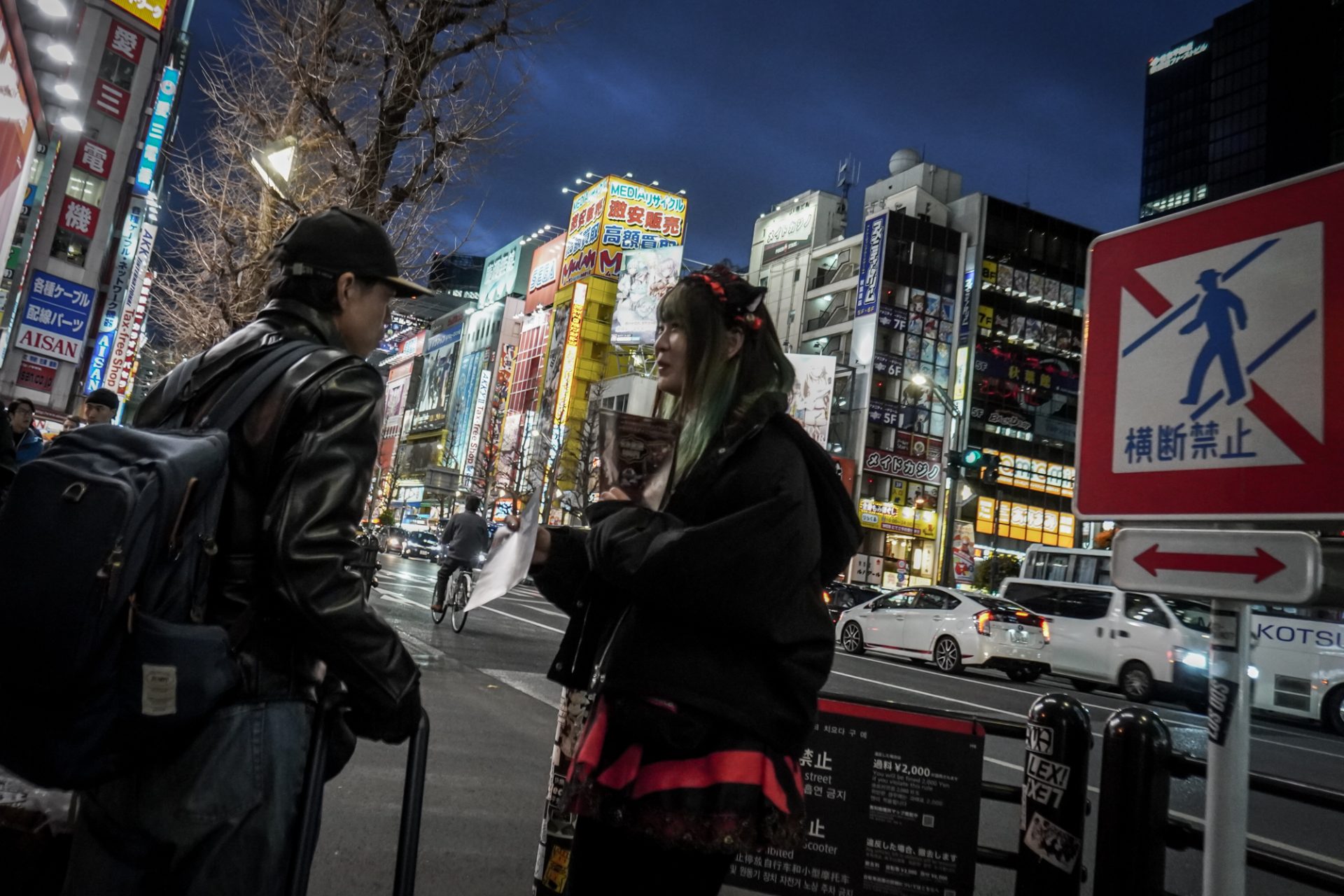Japan’s tourism industry is reeling from the impact of an online rumor predicting a major disaster in early July, a baseless claim that has gone viral across multiple platforms and languages, sparking fear and driving tourists away.
The rumor, which forecasts a catastrophic event in Japan on July 5, 2025, first appeared in a Japanese manga and quickly spread online.
Social media creators, particularly on YouTube, amplified the claim by posting more than 1,400 videos suggesting scenarios ranging from a mega-tsunami to a volcanic eruption and even a meteor strike.
These videos have collectively drawn over 100 million views, according to a report by NHK WORLD-JAPAN.
The scare has transcended Japan’s borders. At least 200 Chinese-language videos echoing the claims have attracted more than 50 million views, while similar content has emerged in Vietnamese and Thai.
The spread of the rumor coincided with an earthquake in Myanmar in late March and the release of Japan’s new worst-case estimates for a potential mega-quake along the Nankai Trough—events that appear to have fueled further speculation.
Although Japanese authorities clarified that the updated disaster estimates are intended to guide preparedness and not serve as predictions, anxiety continued to grow.
The Chinese embassy in Tokyo issued a notice advising citizens to be cautious when traveling or investing in Japan, a move that some Hong Kong media outlets linked directly to the viral rumor.
Tourism operators say the panic is already hurting business. In Hong Kong, a key source of inbound visitors, one major travel agency reported a 50 percent drop in bookings to Japan for the spring holiday season.
Travelers who regularly fly to Japan have reportedly canceled plans, citing concerns tied to the rumor. Some are choosing other destinations, such as Australia and the United Arab Emirates.
In response, travel companies have launched new promotions to restore confidence, including discounted packages and guarantees for full refunds if a major earthquake occurs before departure.
But industry leaders admit the measures have done little to stem the drop in reservations for summer and beyond.
The impact is being felt in Japan as well. In Tokushima Prefecture, where direct flights to Hong Kong began just last November, officials had hoped to boost international arrivals.
Instead, airlines are now cutting back on services, reducing weekly flights from three to two. Similar reductions are planned for routes connecting Hong Kong to other Japanese cities, including Sendai, Fukuoka, and Sapporo.
Local authorities have attributed the decline in tourist traffic to the viral rumor, compounded by broader economic uncertainty.
Experts warn that the spread of unfounded predictions undermines public understanding of disaster preparedness.
Seismologists stress that, despite Japan’s seismic risk, there is currently no scientific method to pinpoint the exact time or location of a major earthquake.
While acknowledging the country’s vulnerability to natural disasters, disaster prevention specialists say the focus must remain on readiness and resilience—not fear.
Japan’s message, they insist, should not be a denial of risk, but a reminder that the country is equipped to respond if and when disaster strikes.







